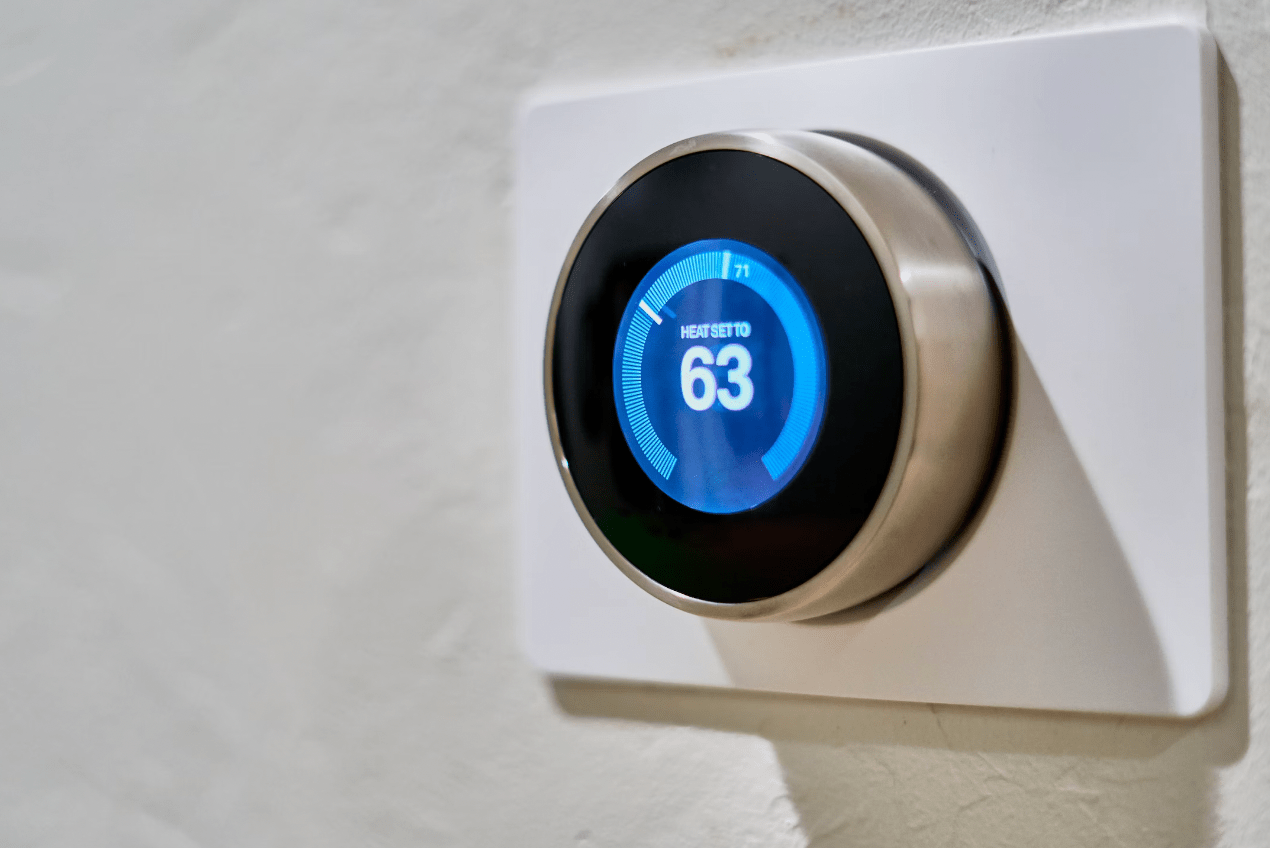As the world becomes increasingly digitized, many aspects of our daily lives are being transformed by technology. One such development is the implementation of smart meters in the energy sector. These devices, a part of the smart grid, offer benefits such as increased energy efficiency and real-time consumption monitoring. However, it is essential to explore the potential dangers associated with smart meters. In this blog, we will delve into the concerns surrounding smart meters and why some individuals may choose to say no to their installation.
Understanding Smart Meters:
To grasp the potential dangers of smart meters, it is important to first understand their purpose and functionality. Smart meters are advanced digital devices that measure and record electricity consumption in real time. Unlike traditional meters, which require manual readings, smart meters automatically transmit data to utility companies, enabling accurate billing and consumption analysis.
Read more here on how radiation is affecting your attention span and here on the spectrum of sensitivity.
The Concerns and Dangers:
While smart meters offer benefits such as accurate billing and increased awareness of energy usage, certain concerns have emerged, prompting individuals to reject their installation. Let’s explore some of the key dangers associated with smart meters.
Privacy and Data Security:
A major concern revolves around the collection and storage of granular energy consumption data by utility companies. Critics argue that this intimate data could potentially be misused, infringing on individual privacy. Hackers targeting smart meters and unauthorized access to personal data are possible risks that add to the anxiety regarding privacy and data security.
Health Implications:
Another concern raised by opponents of smart meters relates to potential health risks associated with the radiofrequency (RF) radiation emitted by these devices. Although studies are still in the midst of investigating adverse health effects, the proximity of smart meters to homes and the continuous exposure to RF radiation remain points of contention.
Read more here on the wired vs wireless debate and which you should use, and here on what items in the kitchen can generate EMF radiation.
Consumer Choice and Control:
Some individuals choose to say no to smart meters due to concerns about losing control over their energy consumption. Critics argue that the implementation of smart meters may lead to dynamic pricing models, giving utility companies the power to control electricity usage and potentially increasing costs during peak periods. This perceived loss of control over energy use and pricing options can be a deciding factor for those who prefer to stick with traditional meters.
Exploring the Dangers: Expert Opinions and Analysis:
According to a report from MoneyWeek, some customers have reported glitches, inaccuracies, and functionality issues with their smart meters, leading to skepticism among potential adopters. While these issues are not widespread, they contribute to the concerns surrounding smart meter reliability and performance.
Additionally, an article in The Telegraph highlights the potential negative impact of switching to a smart meter without proper information or consent. Individuals may unwittingly find themselves moved onto prepayment meters, incurring higher energy costs and impacting their financial well-being.
While smart meters offer undeniable benefits such as accurate billing and increased transparency, it is crucial to address the potential dangers associated with their adoption. Concerns surrounding privacy, data security, health effects, and loss of consumer control highlight the need for careful consideration before embracing smart meter technology. To make an informed decision, we all should thoroughly research and consult various sources. Engaging in a balanced analysis of the pros and cons, as well as evaluating personal comfort levels, can empower consumers to make the right choice for their energy management needs.

